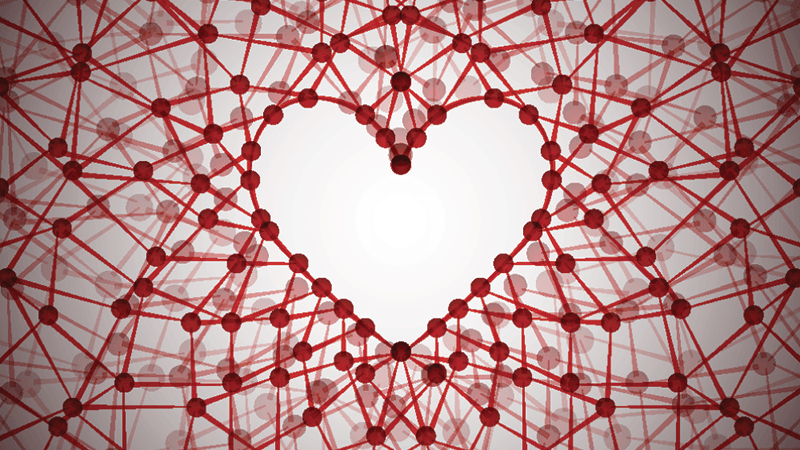Dear Neil: What chemical changes occur when we enter a new relationship and then fall in love? I remember reading an article saying the changes that occur in the brain when we begin a new relationship are like a continuous feeling of euphoria.
Curious in Wellington, New Zealand
Dear Wellington: There is no experience more magical than being smitten and falling in love. The world revolves around the desire for love, and much of the artistry, music and poetry throughout history have been inspired by it. Wars have been fought over it, lives have been lost because of it and fortunes have been spent in order to prolong it.
The infatuation stage of a relationship pumps large amounts of the “love cocktail” into our bodies — chemicals such as phenylethylamine (PEA), dopamine and norepinephrine—which are natural amphetamine-like chemicals that our bodies produce. These chemicals make us feel extremely positive, wildly optimistic, unusually hopeful, amazingly euphoric, zapped with energy and full of lust. We don’t need normal levels of sleep, food or perhaps even air when we are smitten, because we feel so completely high on life.
It’s similar to being under the influence. In fact, scientists now believe that the love cocktail is so powerful that it literarily transforms us into an actual altered state of consciousness. Which is why, if you say to someone who is smitten: “But he has no job, hasn’t been able to keep a job, is antisocial, doesn’t say anything and has utterly no interests,” your friend is likely to respond: “He’s so affectionate, romantic and hot. It’ll work out just fine.”
PEA, dopamine and norepinephrine pack such a powerful chemical wallop that people under their combined influence will undergo significant personality changes. Inhibited and withdrawn people become social and outgoing, people who are normally couch potatoes go out dancing every night and cheapskates become lavish spenders and generous tippers. Under the influence of nature’s love potion, poor communicators communicate, non-affectionate people can’t touch and cuddle enough and sexually withdrawn and disinterested people become luscious and juicy.
PEA stimulates libido, making us more interested in sex. Norepinephrine gives us that “swept away” sensation that feels like a shot of sexual speed. Dopamine makes us more sexually receptive and increases our enjoyment of sex. The three are nature’s one-two-three knockout punch. And of course those are combined with all of the sweet, romantic, loving behaviors that come with great chemistry and a brand new budding love relationship.
But a word of caution. This wildly euphoric and giddy feeling can also cause us to do things that we may come to regret, such as quickly getting married and deciding to have a family, or quitting our job and selling our house so we can sail around the world with our new-found soul mate and best friend.
Do not mistake this feeling for true love. Infatuation is just the first stage of love. What comes after infatuation is the “falling in love” stage. And what frequently comes after that is a period of adjustment, disappointment or disillusionment, because who you develop great chemistry with does not mean that s/he will be a good long-term life partner for us, or even a healthy person for us to be around at all. Infatuation is not the same as true love. To keep true love going is going to take patience, communication, accommodation, negotiation, similar goals, compatible temperaments, trust, the benefit of doubt and maturity.






